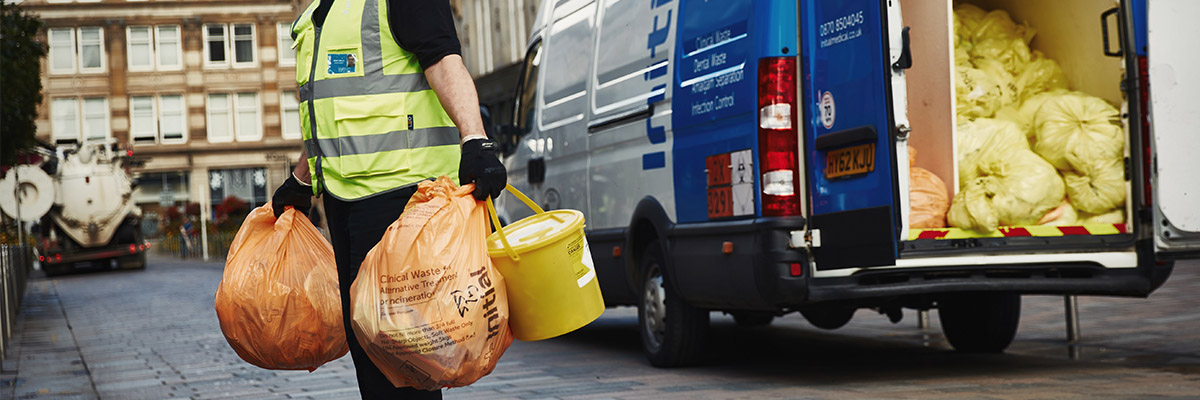
Any kind of waste originating from the medical and biomedical industries can be included in clinical waste. And clinical waste disposal is a vital activity, both for livestock animals and humankind. Clinical waste includes used medicines, used syringes, injections (both from animals and humans), human and animal tissues, etc.
Clinical waste is a very harmful thing to the world. It includes all hazardous, radioactive stuff in it, which, if comes in contact with humans or animals, or even the environment, can pose serious threats. That is why it is necessary to get rid of the waste as immediately as possible.
If inserted into the human body, used and dirty injections can create severe complications within the body. Hence it is crucial to get rid of syringes and injections by putting the injection needle in a container and disposing of the container.
The tissues and blood of humans and animals are common wastes, and hospitals often show negligence towards it. If left like trash, it can contaminate the whole place. That is why it is safer to put them in unique bags and putting them in an incinerator.
Categorizing your waste into hazardous and non-hazardous, radioactive and non-radioactive will help you decide how to dispose of these waste materials safely. Some people and organizations audit these procedures.
Hospitals have a great clinical waste disposal management system. They have trained staff for this purpose. These people carefully organize the waste and dispose of them accordingly and timely. They study to differentiate between hazardous and non-hazardous stuff.
You can treat some non-hazardous stuff like normal trash. Catheter bags, syringe plastics, dressings can be thrown away with normal trash, and it wouldn’t create any complications. You just have to make sure the stuff that you are throwing out should not contain blood or something else, then it becomes hazardous and should not be treated as regular trash in any way.
Livestock waste should also be sealed on plastic bags or taken care of because they also pose serious harm to the environment. Animals contain many viruses and bacteria in them, and getting exposed to unknown viruses like this can be harmful.
Managing the waste is a hefty task, but it is necessary because lives are at risk. It is the responsibility of hospitals and health departments to ensure no such contamination occurs to the environment or the human body. Disposing of the wastes safely should be their priority.
Leave a Reply